The China Factor: Analyzing The Difficulties Faced By Luxury Car Brands

Table of Contents
Understanding the Unique Chinese Consumer
The Chinese luxury car market is not a monolithic entity. Successfully navigating it requires a deep understanding of the evolving tastes and demands of its consumers.
Shifting Consumer Preferences
Chinese luxury car buyers are increasingly sophisticated and discerning. Their preferences are shaped by several key factors:
- Technological Innovation: Cutting-edge technology, including advanced driver-assistance systems (ADAS), connectivity features, and electric powertrains, are highly valued.
- Brand Storytelling: Authentic brand narratives that resonate with Chinese cultural values and aspirations are crucial for building brand loyalty.
- Social Status: Luxury cars remain strong status symbols, but the emphasis is shifting from overt displays of wealth to more subtle, sophisticated expressions of success.
- Environmental Concerns: Growing environmental awareness is driving demand for electric vehicles (EVs) and hybrid models.
Digital marketing and social media influence are paramount in reaching this demographic. WeChat, in particular, plays a vital role in shaping brand perception and driving sales. Brands like Tesla have successfully leveraged digital channels, while others have struggled to adapt to the unique nuances of the Chinese digital landscape.
The Importance of Brand Image and Reputation
Brand perception is crucial in China. Negative publicity, counterfeiting, and scandals can severely damage a brand's reputation, impacting sales and long-term success. Building trust and authenticity is paramount.
- Counterfeiting: The prevalence of counterfeit luxury goods necessitates robust anti-counterfeiting measures.
- Scandals and Negative PR: Any negative news, whether related to product quality, environmental impact, or corporate social responsibility, can quickly spread through social media, causing significant reputational damage.
- Building Trust: Transparency, commitment to quality, and engaging with Chinese consumers on their terms are essential for building trust.
Brands like BMW have successfully cultivated strong brand images, while others have faced significant challenges in managing their reputation within the Chinese market.
Navigating the Regulatory Landscape
The regulatory environment in China presents significant challenges for luxury car brands.
Import Tariffs and Taxes
High import tariffs and taxes significantly increase the cost of importing luxury cars into China.
- Impact on Pricing: These tariffs directly impact pricing strategies, potentially reducing profitability and competitiveness.
- Comparison with Other Markets: China's regulatory environment differs significantly from other major luxury car markets, creating a unique set of challenges.
- Mitigation Strategies: Brands can explore strategies such as local manufacturing or strategic partnerships to mitigate the impact of tariffs.
Environmental Regulations and Emission Standards
China is implementing increasingly stringent environmental regulations and emission standards.
- Meeting Emission Standards: Meeting these standards requires significant investment in research and development, particularly for meeting the growing demand for EVs.
- Popularity of EVs: The rising popularity of electric and hybrid vehicles necessitates adapting product offerings to comply with regulations and meet consumer demand.
- Adapting Product Offerings: Brands are adapting by investing heavily in electric and hybrid vehicle technologies, often developing models specifically tailored to the Chinese market.
Competition and Market Saturation
The Chinese luxury car market is characterized by intense competition, both from domestic and international brands.
Domestic Competition from Chinese Luxury Brands
Chinese luxury car brands are rapidly gaining market share, leveraging their understanding of the local market and competitive pricing.
- Competitive Advantages: Local brands often benefit from lower manufacturing costs, a deeper understanding of consumer preferences, and established distribution networks.
- Strategic Comparisons: International brands need to differentiate themselves through superior technology, brand heritage, and innovative marketing strategies.
- Successful Chinese Brands: Brands like Hongqi and Lynk & Co are demonstrating the growing strength of domestic competitors.
Intense Competition Among International Brands
Differentiation is crucial in a saturated market. Brands need to establish unique selling propositions (USPs) to stand out from the competition.
- Unique Selling Propositions (USPs): This could involve focusing on specific technological advantages, emphasizing heritage and craftsmanship, or providing exceptional customer service.
- Marketing and Sales Strategies: Innovative marketing campaigns tailored to the Chinese market are crucial for attracting and retaining customers.
- After-Sales Service and CRM: Excellent after-sales service and customer relationship management (CRM) are essential for building customer loyalty and securing market share.
Conclusion: Overcoming the China Factor for Luxury Car Brands
Successfully operating in the Chinese luxury car market requires overcoming three significant challenges: understanding the nuanced preferences of Chinese consumers, navigating a complex regulatory landscape, and competing effectively in a saturated market. By adapting their strategies to the unique characteristics of the Chinese market – from embracing digital marketing and prioritizing brand storytelling to navigating import tariffs and meeting stringent environmental regulations – luxury car brands can unlock the immense potential of this dynamic and lucrative market. Understanding and addressing the complexities of the China factor is crucial for long-term success in this key automotive market. Further research into these challenges will allow luxury car brands to refine their approaches and thrive in the face of stiff competition.

Featured Posts
-
 Mick Schumachers F1 Future Haekkinen Offers Hope
May 20, 2025
Mick Schumachers F1 Future Haekkinen Offers Hope
May 20, 2025 -
 Nigeria Where Pragmatism Meets The Kite Runners Moral Conflicts
May 20, 2025
Nigeria Where Pragmatism Meets The Kite Runners Moral Conflicts
May 20, 2025 -
 Embrace The Freedom Planning Your Perfect Solo Trip
May 20, 2025
Embrace The Freedom Planning Your Perfect Solo Trip
May 20, 2025 -
 U Dzhennifer Lourens Rodilsya Vtoroy Rebenok
May 20, 2025
U Dzhennifer Lourens Rodilsya Vtoroy Rebenok
May 20, 2025 -
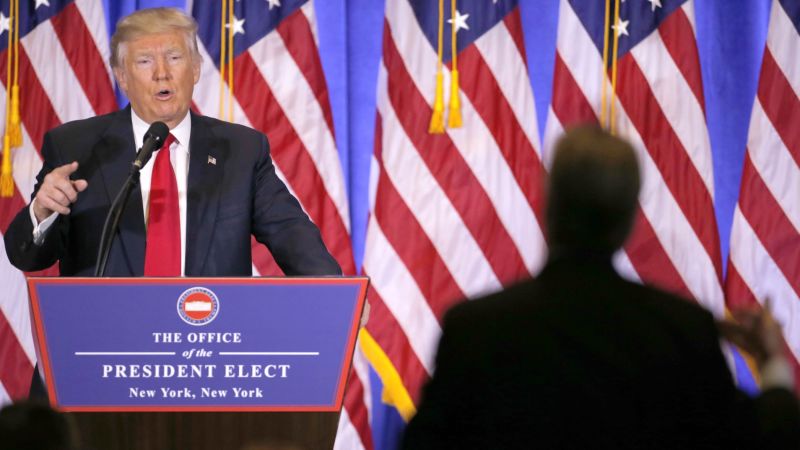 Trump Presidency Spurs Surge In American Applications For European Citizenship
May 20, 2025
Trump Presidency Spurs Surge In American Applications For European Citizenship
May 20, 2025
Latest Posts
-
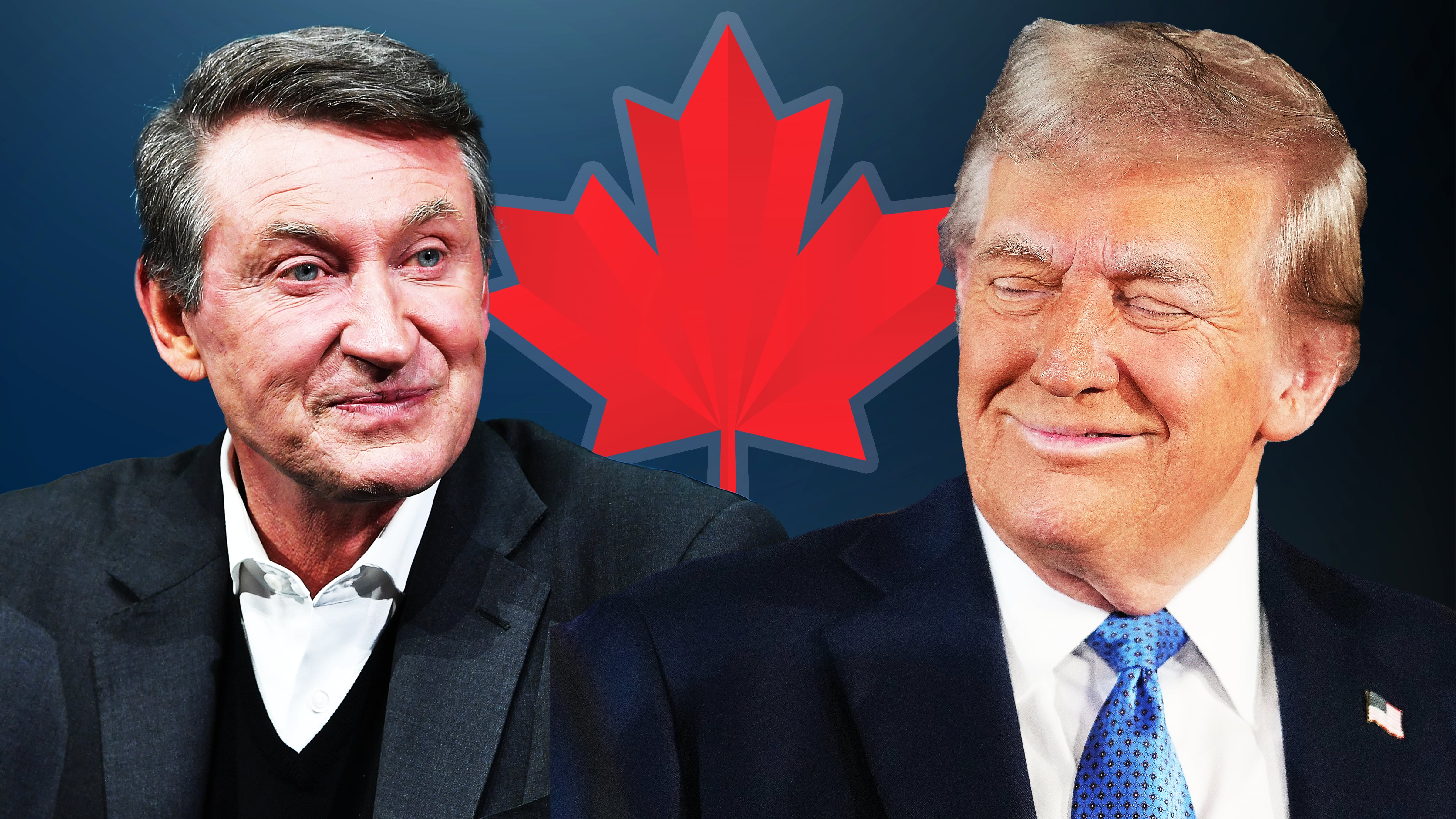 Wayne Gretzky And Donald Trump A Loyalty Questioned
May 20, 2025
Wayne Gretzky And Donald Trump A Loyalty Questioned
May 20, 2025 -
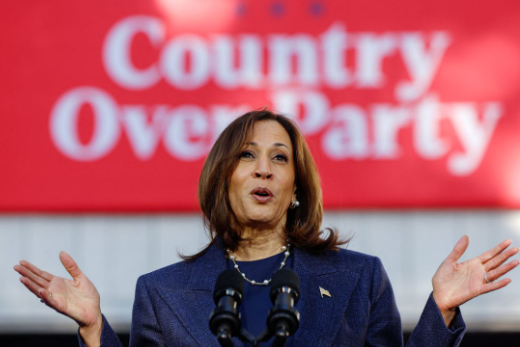 Gretzkys Loyalty Examining The Legacy Amidst Trump Ties
May 20, 2025
Gretzkys Loyalty Examining The Legacy Amidst Trump Ties
May 20, 2025 -
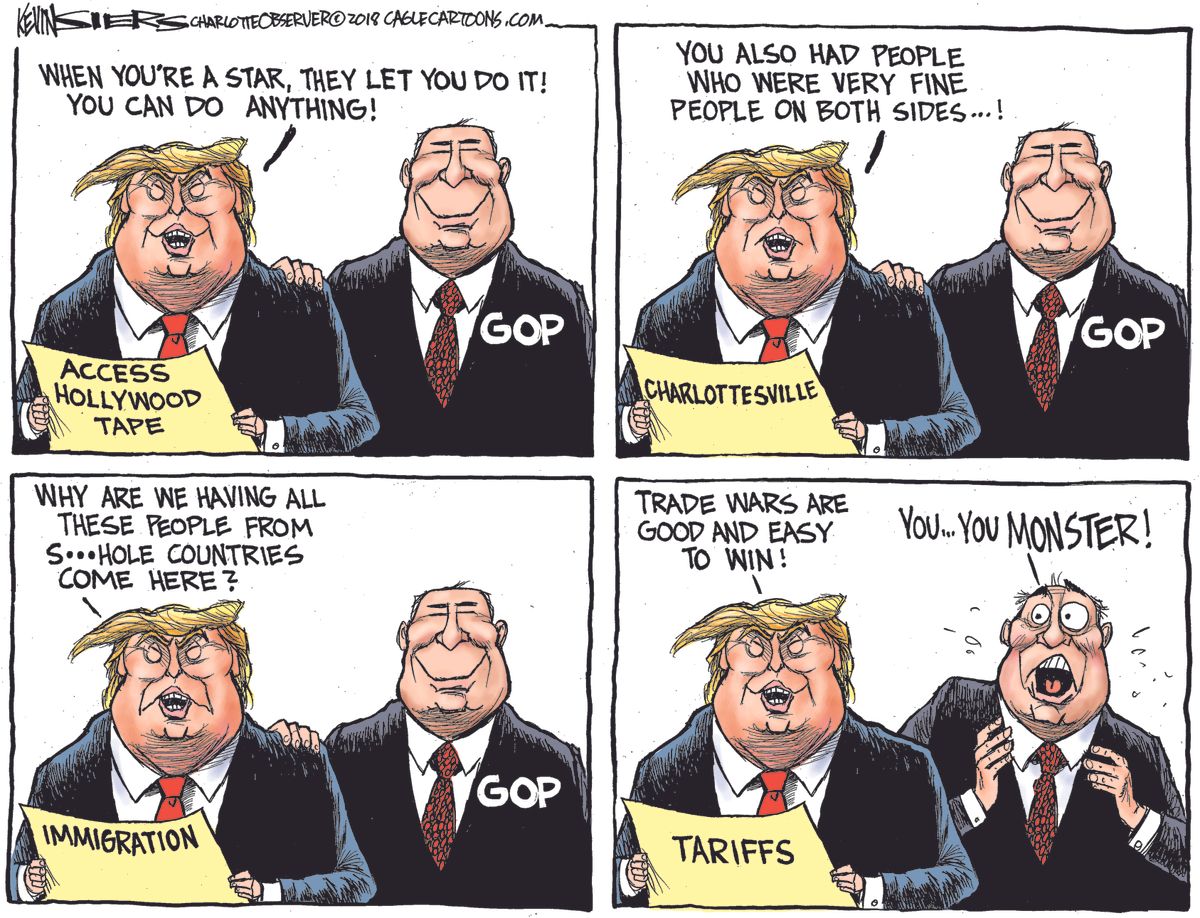 The Gretzky Loyalty Debate Trumps Tariffs And Statehood Comments Spark Controversy In Canada
May 20, 2025
The Gretzky Loyalty Debate Trumps Tariffs And Statehood Comments Spark Controversy In Canada
May 20, 2025 -
 Wayne Gretzkys Canadian Patriotism Questioned Amidst Trump Tariff And Statehood Controversy
May 20, 2025
Wayne Gretzkys Canadian Patriotism Questioned Amidst Trump Tariff And Statehood Controversy
May 20, 2025 -
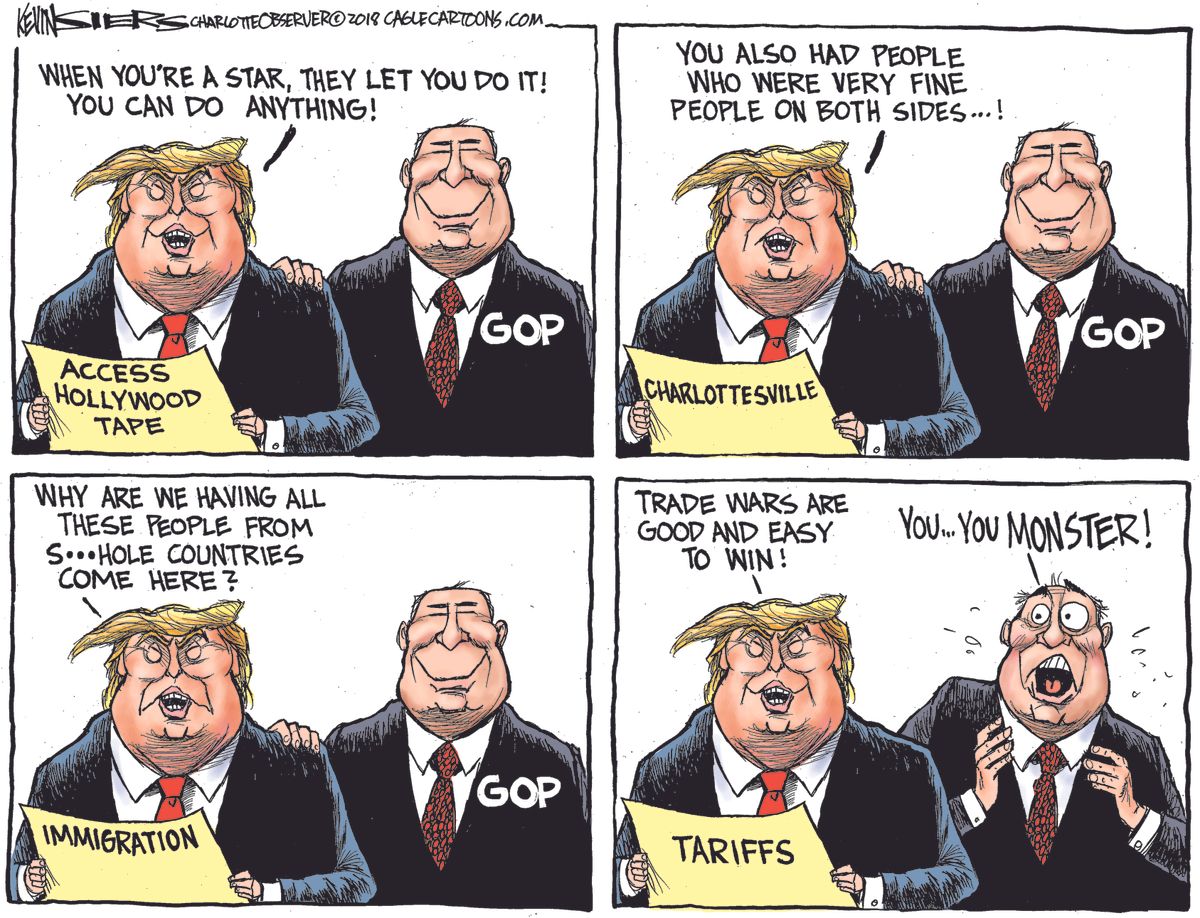 Trump Tariffs Gretzky Loyalty And Canadas Statehood Debate A Complex Issue
May 20, 2025
Trump Tariffs Gretzky Loyalty And Canadas Statehood Debate A Complex Issue
May 20, 2025
